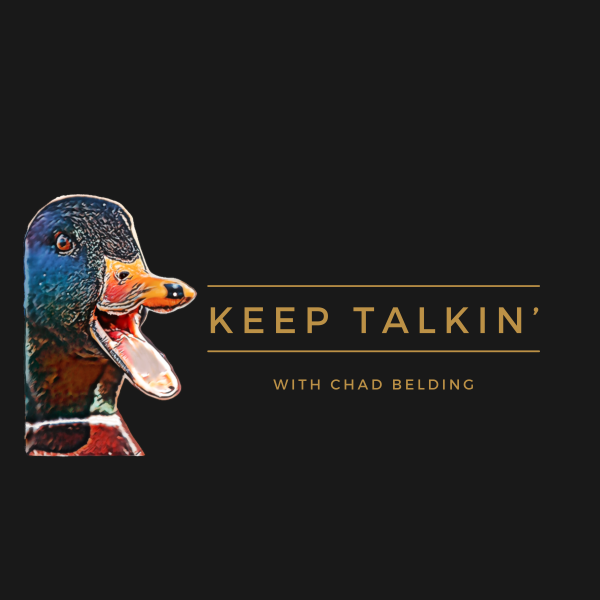
Every season, hunters talk about prep. Gear, guns, dogs, calls, and blinds. But how often do we talk about our bodies? It is the one thing that truly determines how far we can walk, how quietly we can move, and how strong we feel when it matters most.
I sat down with Rob Conaster, owner of Sierra Strength and Speed in Reno, Nevada. Rob has spent his life in the world of rehabilitation, strength training, and conditioning. And while he’ll tell you he’s not a big hunter, he understands the demands of the hunt and personally trains professional hunters. Whether it’s breathing through long climbs, scrambling up and down from the ground, or being strong enough to wade through boggy-bottomed waters, this lifestyle has a unique set of demands on the human body that require us to level up in every opportunity we can.
“If you want to get better at something, there’s always a way,” Rob told me. “For hunters, it’s no different.”
Rob didn’t waste time before laying down his first rule: consistency.
“That’s the biggest thing. Whatever you’re working on—strength, sleep, or hydration—you have to stay consistent. That’s where the real change comes from.”
He points to sleep as the foundation. If you’ve got to wake up at 6:30, count back eight hours. Set that alarm for 10:30, and be disciplined about it. Sleep isn’t an option; it’s the base layer of performance.
From there, Rob shifts to hydration.
“I feel like we need a lot more water than most people realize. Hunters especially. You see people struggle in the field because they’re not hydrated. So prepare your system before the season. Make water part of your daily life.”
Rob says we need about 100 ounces a day. Work toward that before hunting starts, so by the time the season rolls around, hydration is a habit, not a chore. After water comes food. Rob doesn’t preach diets; he believes in better choices.
“Are we getting high-quality food? Can we cut out some of the garbage? Sugar, quick fixes, convenience store snacks. I don’t care what the first change is, but it’s got to be consistent.”
He offers simple swaps: “Instead of a Coke and a candy bar, pack nuts and fruit. Grab yogurt and nuts. Or find a protein bar that’s not loaded with sugar and calories. Those small changes can be very viable.”
Once habits are set, it’s time to move. Rob starts simple.
“You’d be surprised how sore you can get from a few of those exercises,” Rob said. “But that soreness means progress. From there, you can build! Add reps, volume, and weight. Keep transitioning, keep improving.”
After the basics, Rob introduces dumbbells and free weights. But everything stays tied to the activity. Hunters hike. Hunters carry weight. Hunters climb into tough spots.
“The more specific the training is to the activity, the better the results,” Rob said. “Hiking, walking, and carrying loads all build toward the goal. And the more work you do, the more efficient your body becomes.”
That efficiency pays off when you’re in the field. Each trip gets easier. If you’re out after big game, each ridge is more accessible. If you're in the marsh, every decoy placed is easier, and each season, your chances at success and enjoying yourself out there just grow.
Rob’s rules aren’t about washboard abs, fads, or shortcuts. They’re about making sure when the birds circle one more time, you’re steady. When the bull bugles from the next basin, you’ve got enough gas to get there, and when you’re 60 and still climbing into duck blinds, you’re grateful you built consistency and muscle mass decades earlier.
“Ultimately, it’s about being consistent,” Rob said. “Consistency is what makes us better. Better in the gym, better in the mountains, better in the blind. That’s how we get where we’re trying to go.”
Pack your bag, service your duck boat’s motor, but don’t forget the machine that carries it all…you! If you like what you read today, be sure to check out The Fowl Life Podcast, where we are airing a 3-part special with Rob on everything you need to know about getting your body ready for the season, and for life!
Until next time,
Keep Talkin’